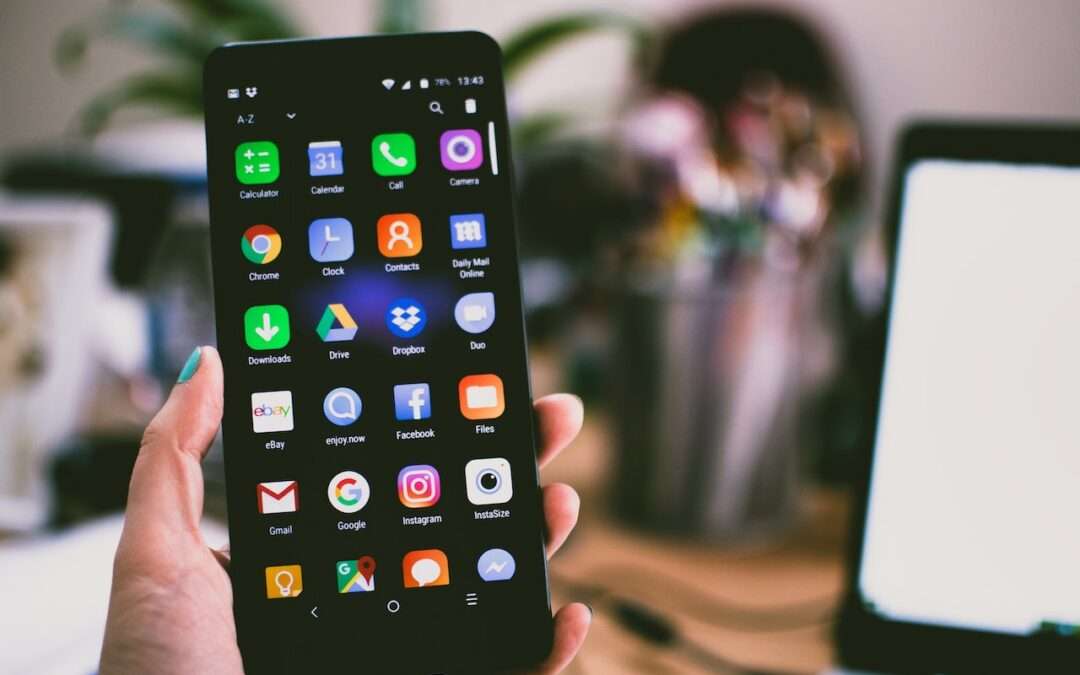Android and iPhone are two of the most popular mobile operating systems. Both are used on a wide range of smartphones and other devices, and both have their own strengths and weaknesses.
One of the main differences between Android and iPhone is the software and user interface. Android is developed by Google and is based on the Linux operating system. It is an open-source operating system, which means that anyone can use and modify the source code. As a result, there are many different versions of Android available, and the user interface can vary significantly from one device to another.
In contrast, iPhone is developed by Apple and is based on the iOS operating system. iOS is a proprietary operating system and is only available on Apple devices. As a result, the user interface is more consistent across different iPhone models.
Another significant difference between Android and iPhone is the app ecosystem. Android has a larger app ecosystem, with more than 2.8 million apps available on the Google Play Store, while the Apple App Store has around 2.2 million apps. This can be a deciding factor for some users when choosing between the two operating systems.
Other differences between Android and iPhone include the availability and variety of hardware options, the level of integration with other products and services (such as the Google ecosystem or the Apple ecosystem), and the overall user experience. Ultimately, the choice between Android and iPhone will depend on the individual user’s needs and preferences.

